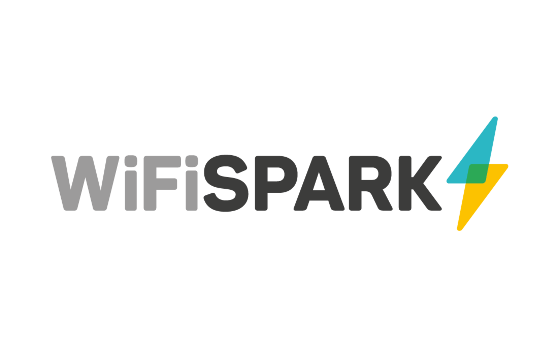 WiFi SPARK will celebrate the festive season by offering NHS patients in beds with Hospedia entertainment and communication units three days of free TV.
WiFi SPARK will celebrate the festive season by offering NHS patients in beds with Hospedia entertainment and communication units three days of free TV.
WiFi SPARK's parent company, Volaris Group, recently acquired Hospedia, which manages 60,000 bedside units in hospitals across England, Scotland, Wales, and Northern Ireland.
Hospedia traditionally offered patients one day of free TV at Christmas. But WiFi SPARK is extending this to three days: Christmas Day, Boxing Day, and New Year's Day.
It is also timing the New Year’s Day offer so patients can join in the excitement of seeing in 2022 and celebrating Hogmanay with the rest of the country.
Dean Moody, chief commercial officer at WiFi SPARK, said: "We all know that the past two years have been exceptionally difficult for the NHS and for the people who depend on it.
"The Covid-19 pandemic and the ongoing, exceptional demand for serviceshave necessitatednew restrictions on who can access wards and visit those patients who need to be admitted for treatment.
"That has made modern, digital entertainment and communications systems more important than ever before, and we wanted to recognise this with an extended, free-TV offer.
"We hope that this will enable patients to enjoy some of the special programmes that we all look forward to at Christmas and New Year, without having to worry about the cost of joining the celebrations."
The WiFi SPARK offer will cover the TV services charged by Hospedia at £7.90 a day. It will run for 24-hours over Christmas Day, Boxing Day and New Year’s Day and it will be simple to access. Patients will not be asked to register or sign-up for the service.
Volaris acquired WiFi SPARK in September last year and went on to acquire Hospedia in November this year. The two moves have enabled WiFi SPARK to take on the management of the bedside unit provider with a vision of changing its business model from 'patient pays' to 'free at the point of use'.
Instead of asking patients to pay high charges for entertainment and calls, WiFi SPARK will offer the option for trusts to install new software on the bedside units or install brand new units, so patients can access the SPARK Media package for free.
An additional upgrade would enable staff to have clinical access at the bedside on the new terminals. The cost would be met by NHS trusts, health boards, and their charities. Patients would still be able to pay for additional services such as buying the latest movies on the upgraded units if they wanted to do that.
Moody added: "We have already had a very positive response from trusts and health boards to our vision for the future of patient communication and entertainment systems.
"We hope that this extended TV-offer will demonstrate the benefits of a 'free at the point of use' model for patients, who won’t have to navigate registration and payment screens to watch the programmes they love.
"We know that being able to access information and entertainment, and to communicate with family and friends, can make a big difference to patient morale and recovery.
"That must be particularly true over the festive season, so we hope that with this extended free-TV offer we will be helping everybody in the NHS to have the merriest Christmas and the happiest New Year that they can."
About WiFi SPARK
WiFi SPARK is the main provider of wi-fi and media services to the NHS in the UK. The company has developed SPARK Media, which delivers free entertainment to patients and staff, as well as dementia support services, healthcare videos, electronic meal ordering and more.WiFi SPARK is now working closely with NHSX and other organisations to create a platform to increase efficiencies, to innovate, and to support the NHS and its patients. Its vision since the acquisition of Hospedia by is parent, company, Volaris Group, has been to ensure that no patient pays for entertainment by 2024.